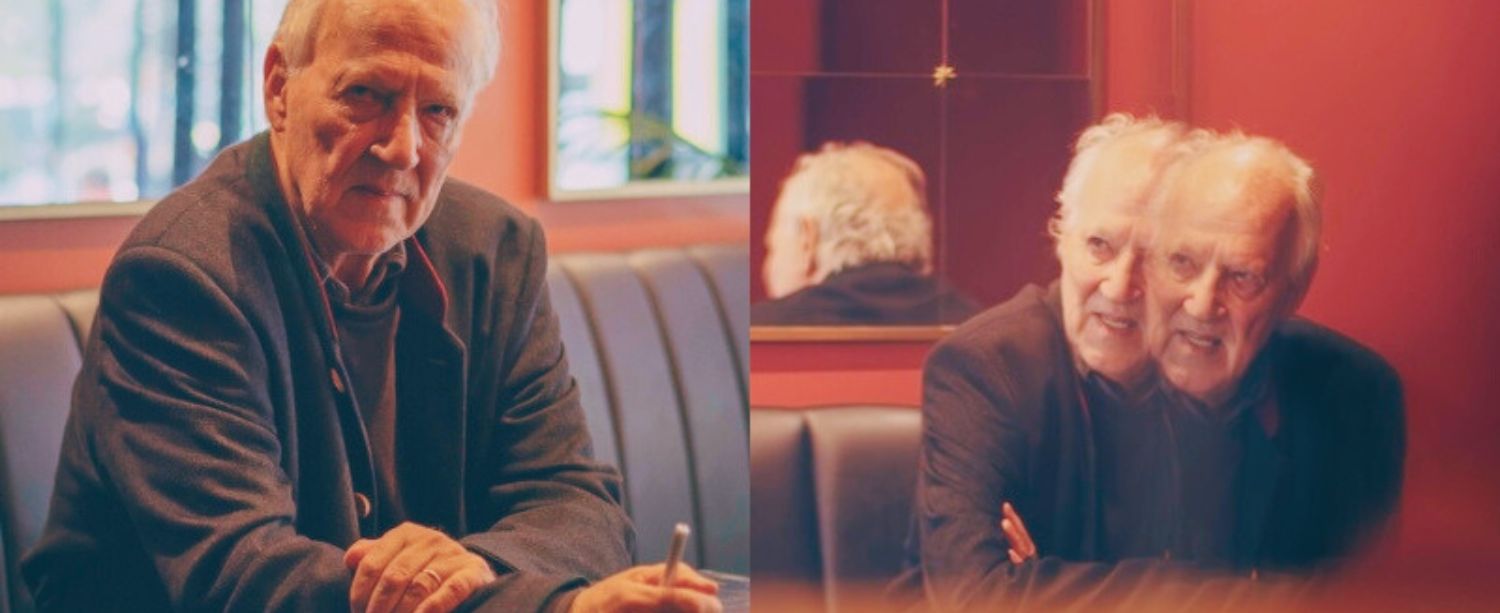
Werner Herzog on Memory, Truth, and the Illusions of the Present
Werner Herzog, the legendary German filmmaker, has always been known for his distinct approach to storytelling, often blending the surreal with the real. Recently, during a conversation with Ayşegül Sert in Paris, Herzog delved deep into subjects like memory, the elusive nature of truth, and the dangers of an oblivious society sleepwalking into wars. At 82, his energy remains unwavering, and despite his extensive body of work that spans eight decades of filmmaking, Herzog remains ever curious, constantly seeking new ways to express himself.
Also Read:- Yellowstone Season 5: A Shocking Farewell to John Dutton and Sarah Atwood
- Stellantis to Close Luton Plant, Putting 1,100 Jobs at Risk Amid EV Transition
Herzog's memoir Every Man for Himself and God Against All has recently been translated into French, and it reflects much of his life's journey—one marked by relentless exploration, not only of the world but of the human condition. His assertion that “writing is home” while “films are my voyage” strikes at the core of his creative process. While his films, like Aguirre, The Wrath of God and Grizzly Man , have left indelible marks on cinema, it is his writing that Herzog believes will outlast his films. For him, writing provides a direct, unfiltered form of storytelling, free from the complexities of film production, which involves a myriad of intermediaries and constraints.
Herzog acknowledges the inherent fallibility of memory. He explains that memory itself is a construction, constantly evolving and reshaping our past. In his memoir, Herzog confronts the concept of truth head-on, quoting André Gide: “I alter facts in such a way that they resemble truth more than reality.” This notion resonates with Herzog's larger belief that history, and even personal memory, is a fluid narrative shaped by our own biases and perspectives. In his discussions about memory, Herzog reflects on the blurry lines between fact and fiction, where truth is often a subjective experience shaped by individual perception.
When discussing the impact of technology and artificial intelligence on society, Herzog offers a bleak warning about the future. He draws comparisons between the build-up to World War I and today’s global climate, where nations and individuals seem eager for conflict. With the development of autonomous drones and the looming threat of artificial intelligence, Herzog warns that humanity risks sleepwalking into catastrophic wars, unaware of the consequences of their actions. He cites the staggering lack of awareness surrounding atomic weapons, echoing the haunting amnesia people have toward the bombings of Hiroshima and Nagasaki.
Despite his grim outlook on the present, Herzog remains passionate about the future of storytelling. His advice to young filmmakers and writers remains consistent: walk, read, and read some more. For Herzog, walking reveals truths about the world, and reading opens minds to the vastness of human experience. It’s clear that Herzog, even at the age of 82, is far from slowing down. With a new book in the works and two film projects in development, he shows no sign of letting his intellectual curiosity rest.
In all of his endeavors, Herzog continues to be a philosopher as much as a filmmaker, reminding us that the search for truth, meaning, and understanding is an ongoing journey—one that, for him, is far from over. His works, both written and filmed, serve as companions for anyone seeking to understand the world in all its contradictions, complexities, and beauty.
Read More:

0 Comments